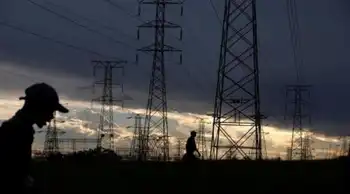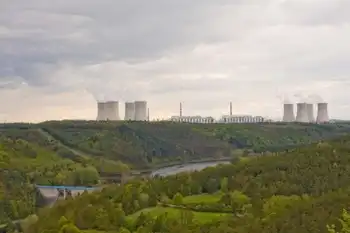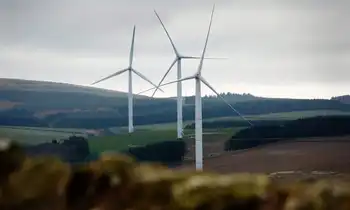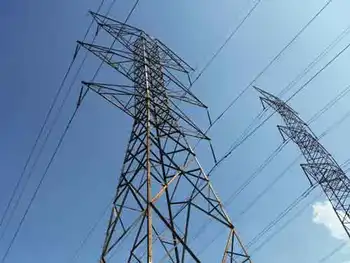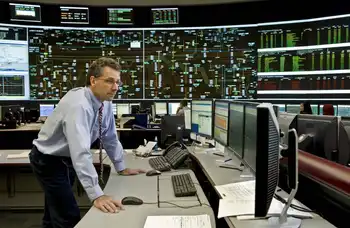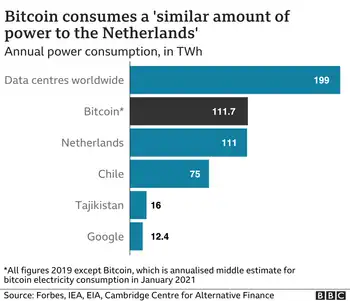Indiana utilities can cut mercury releases into air by 90 percent : report
By The Indianapolis Star
Protective Relay Training - Basic
Our customized live online or in‑person group training can be delivered to your staff at your location.

- Live Online
- 12 hours Instructor-led
- Group Training Available
Average residential rates would increase about $1.90 a month to help pay for the reductions, which could be achieved by a process in which powdered carbon is injected into a boiler's flue gas. The mercury sticks to the carbon, which is captured by a fabric filter, said Zoe Lipman, National Wildlife Federation program manager. Similar conclusions were reached in a report the group released last fall for other coal-reliant states.
"Now, we're calling on federal and state leaders to get the job done by adopting protective mercury standards as required by current law," Lipman said.
The report comes amid a state and national debate over how deeply utilities should be required to cut mercury emissions, which are unregulated.
Last year, the Hoosier Environmental Council asked the state Air Pollution Control Board to require a 90 percent reduction by 2008; utilities favor a more lenient Bush administration proposal to reduce emissions 70 percent by 2018.
Although the federal rule could become final in March, environmentalists say Indiana standards should be tougher to protect people's health.
More than 93 percent of the state's electricity is generated by coal, and Indiana utilities are among the top emitters of mercury, a naturally occurring metal that becomes toxic when released to the air, water and soil and can damage the brains of developing fetuses. Indiana ranks second in the number of warnings against eating fish caught in state waterways because of mercury contamination.
The Indiana Department of Environmental Management is leading a work group to study the level of control Indiana can afford and will report to the air board. But the board might not be able to require steep reductions even if it wants to.
State Rep. David A. Wolkins, R-Winona Lake, introduced a bill that would prohibit state environmental boards from enacting rules more stringent than those adopted by the U.S. Environmental Protection Agency.
A message left at Wolkins' office was not returned.
States may have rules stricter than the EPA's, but they cannot be less stringent. States such as Wisconsin, Connecticut and New Jersey already have rules that require deeper cuts.
"Indiana is faced with a much worse mercury problem than the rest of the nation, which is going to require a larger solution," said Brian Wright, coal policy adviser at the Hoosier Environmental Council. "The laws established by the federal government are supposed to be bottom-line, minimum requirements for states.
"Do you really want to go with the minimum (protections) necessary?"
But controlling mercury also is an economic issue, industry officials said.
Rate increases are being sought to pay for billions of dollars in equipment to control pollutants that contribute to smog. Those controls also will help reduce mercury emissions, industry officials said.
"We're not opposed to as much reduction as can be attained," said Stan Pinegar, executive director of the Indiana Energy Association, a utility trade group. "It's a matter of how it's done. We believe there needs to be a uniform national approach to this."
He also questioned whether the activated carbon method is proven. It has been tested at several utilities but is not in widespread use.
Cinergy spokeswoman Angeline Protogere said the company plans to test the method at its Floyd County plant but is not ready to use it companywide.
Lipman said the additional cost to cut mercury even more is affordable - about $183 million a year for all state utilities - and might be even lower with the other controls in place.
She said it also could boost, rather than hurt, economic development.
"This is a huge opportunity to get into cleaner energy technologies," she said. "(Gov.) Mitch Daniels says there's a need to bolster job creation, and innovating in modernization of the energy infrastructure is a good place to start and a good place for Indiana to lead."





